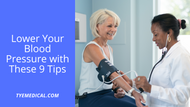Lower Your Blood Pressure Using These 9 Effective Methods
Written by TYE Medical on Jun 17th 2024
It takes more than prescription medication to lower or control blood pressure, although they play a vital role in treatment. Other dietary and lifestyle changes can be instrumental in maintaining a healthy blood pressure. Before your doctor increases your medication dosage or adds another prescription to your treatment, he might recommend other changes in your eating habits or lifestyle, such as limiting sugar and alcohol, increasing exercise, and getting better sleep.
All of these and more can help set you up for success for lowering blood pressure, especially as you age. High blood pressure, also known as hypertension, often has no recognizable symptoms but is a major risk factor for heart disease and stroke.
Most healthy adults should aim for a blood pressure reading below 120/80 mm Hg. Your blood pressure is considered high at 130/80 or above. Anything in between these ranges is considered “elevated” blood pressure and means you are at risk for developing high blood pressure. But this isn’t inevitable.
Here are 9 effective methods to lower your blood pressure.
1. Get Adequate Exercise

Exercise is a key ingredient for lowering blood pressure and can help you manage it long term. According to research, both aerobic and resistance training positively affect blood pressure and can even lower it for up to 24 hours after exercising.
The key is to get “regular” exercise, meaning that it’s part of your daily routine. It’s about regularly increasing your heart rate and breathing so that over time your heart is strengthened. A stronger heart pumps with less effort, putting less pressure on your arteries. This means lower blood pressure.
So how much exercise is required to affect cardiovascular health? You should aim for 30 minutes per day, five days per week. That’s 150 minutes of moderate-intensity exercise weekly. Moderate intensity exercise is defined by your heart rate during a work out. Anything below this range is too low to benefit cardiovascular health and anything above it is unnecessary. If you are exercising for health, these are the target heart rate ranges.
| Age (years) | Target Heart Rate Range (beats/min) |
| 50 | 85-119 |
| 55 | 83-116 |
| 60 | 80-112 |
| 65 | 78-109 |
Other than intentional exercise, you can also increase activity by doing the following:
- Using the stairs
- Walking instead of driving
- Working around the house
- Gardening
- Bike riding
- Playing a sport
But be sure to clear any new exercise routine with your doctor to be sure you are healthy enough for moderate-intensity workouts.
2. Manage Your Weight

Extra body weight strains your heart and cardiovascular system, because it makes them work harder. This creates more pressure inside your arteries and can raise blood pressure. If you’re overweight with a body mass index (BMI) over 25, it can help to lose 5-10 pounds. Losing weight may lower your blood pressure and your risk for other health problems.
There are three major components to lowering BMI:
- Be more physically active
- Eat less
- Eat a healthy diet
3. Eat Less Sugar and Refined Carbs
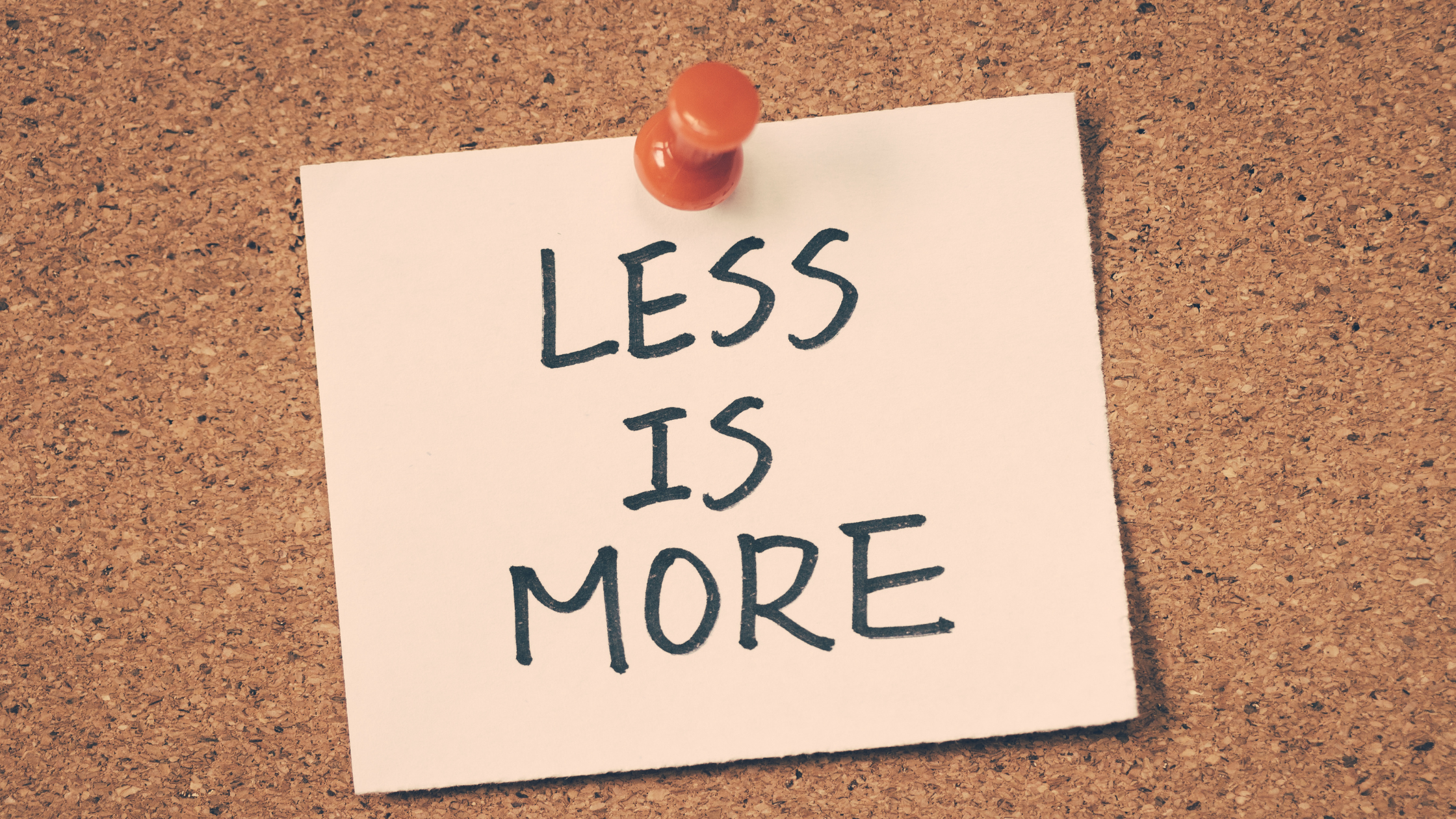
Cutting back on sugar and refined carbs can help you lose weight while lowering blood pressure. One study found that people who are overweight or obese who followed a low carb and low fat diet dropped their diastolic blood pressure (bottom number) by about 5 points and their systolic pressure (top number) by about 3 points after just six months.
You can start by replacing some of the refined carbs with more whole grain varieties and foods that are less processed. Be sure to read labels and notice the sugar content in common foods you eat. It’s often best to eat fewer prepackaged foods as these often contain more simple carbs and sugars.
Instead, snack on produce and include more lean protein in your diet.
4. Eat More Potassium and Less Salt
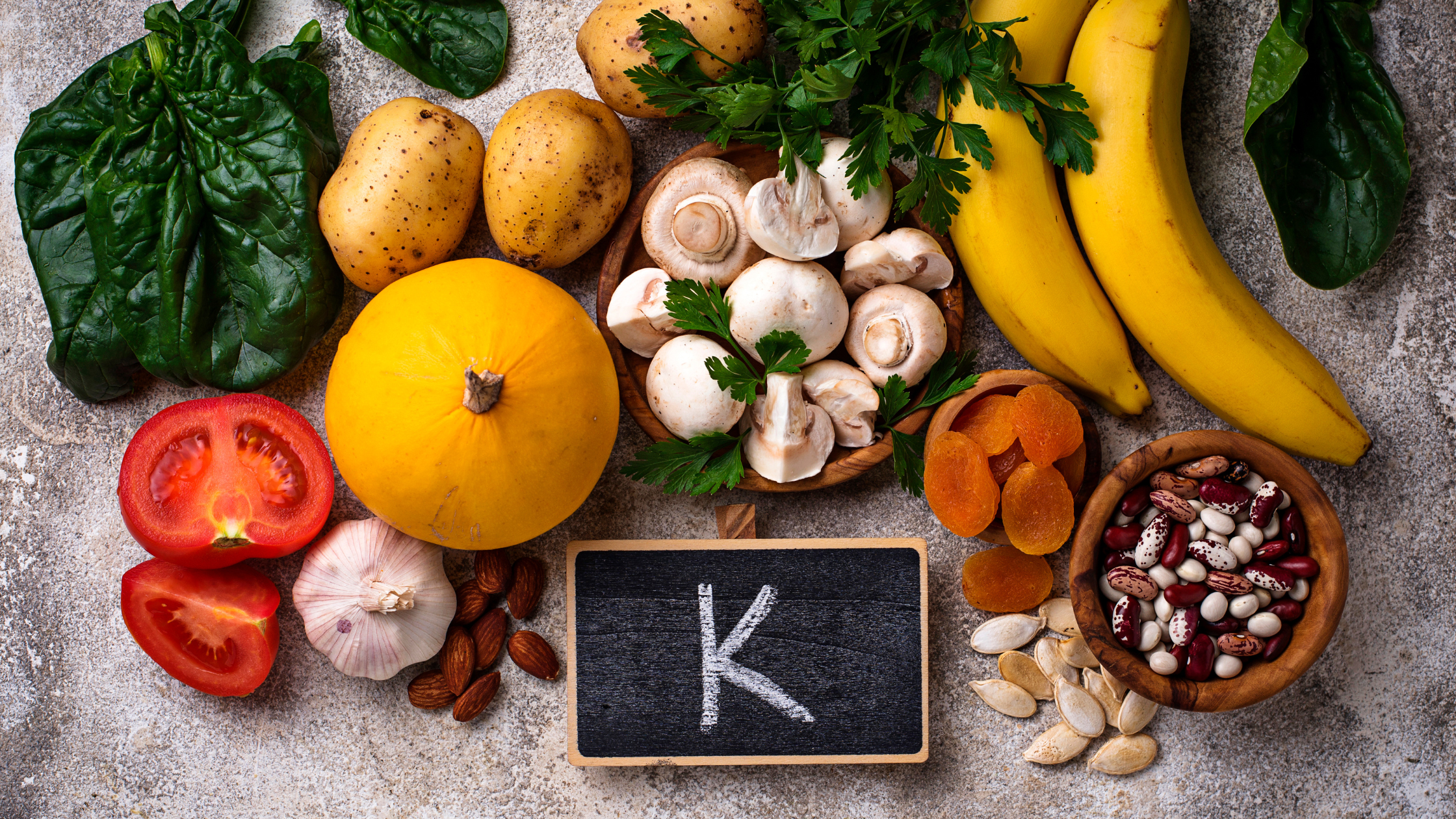
Eating a diet high in salt can increase your risk for high blood pressure. But if you eat more potassium and cut back on salt, you can lower your blood pressure. Science hasn’t determined why salt impacts blood pressure, but it’s believed to have something to do with water retention and inflammation in blood vessels could be factors.
Potassium helps your body eradicate salt and even relieves some of the pressure in your blood vessels. Think of it as a counterbalance to salt and its effects. Cutting back on salt and adding more potassium to your diet can notably lower blood pressure over time.
High potassium foods to incorporate into your diet:
- Dried fruit (apricots, prunes)
- Milk and yogurt
- Lentils and kidney beans
- Vegetables like tomatoes, potatoes, and spinach
- Fruit like watermelon and bananas
If you have kidney disease, talk with your doctor before increasing potassium in your diet, as it could be harmful.
5. Manage Stress

Managing stress benefits your overall health and positively affects your blood pressure. Stress has a direct impact on your body and its systems. It’s important that you learn to recognize the symptoms of stress and its triggers. It’s best to eliminate sources of stress when possible. But much of what causes your stress probably can’t be set aside. In this case, you’ll need to learn to manage stress in a healthy way.
Consider some of these methods and determine what works best for you:
- Taking a walk (or getting exercise)
- Reading a book
- Practicing deep breathing
- Listening to music
- Meditation or prayer
These are ways you can decompress from daily stress and set your mind elsewhere. This type of relief can relax your body and keep your blood pressure from rising. Chronic stress, especially when poorly managed, keeps your body in an anxious state with an elevated heart rate and increased blood pressure.
6. Get Plenty of Quality Sleep
When you’re sleep deprived you’re at greater risk for high blood pressure. Blood pressure often lowers a bit while sleeping, giving your system a rest. But if you haven’t slept well or enough, your body doesn’t get this needed break. And without it, pressure continues to build. If you do this night after night, it can have long-term effects on your blood pressure.
Here are some tips for getting better sleep:
- Keep a regular sleep schedule
- Exercise (but not too close to bed time)
- Leave devices outside your bedroom
- Sleep in a cool, dark room
- Avoid caffeine and alcohol too close to bedtime
7. Limit Processed Foods

A strict definition of “processed foods” is any food that has been changed from its natural state. Technically, just cutting and washing a food is a change to its natural state, and so not all processed food is bad. But often, when this phrase is used, it’s referring to overly processed foods that make them less healthy. This type of processed, pre-packaged food often includes additives like preservatives, sugars, fats, and not-so-natural ingredients.
“Bad” processed foods include ingredients you don’t want that can also increase blood pressure and negatively affect your health. They often contain higher levels of sodium, sugar, saturated fat, and inflammatory chemical ingredients.
Common examples include:
- Processed meats (lunch meats, sausage, ham, etc.)
- Fried foods or fast food
- Processed snacks (chips, crackers, cookies, etc.)
And be careful about foods labeled “low fat” since they often include more sugar or salt to compensate for the lower fat content. They may be lower in fat but aren’t necessarily healthy overall.
8. Try Supplements
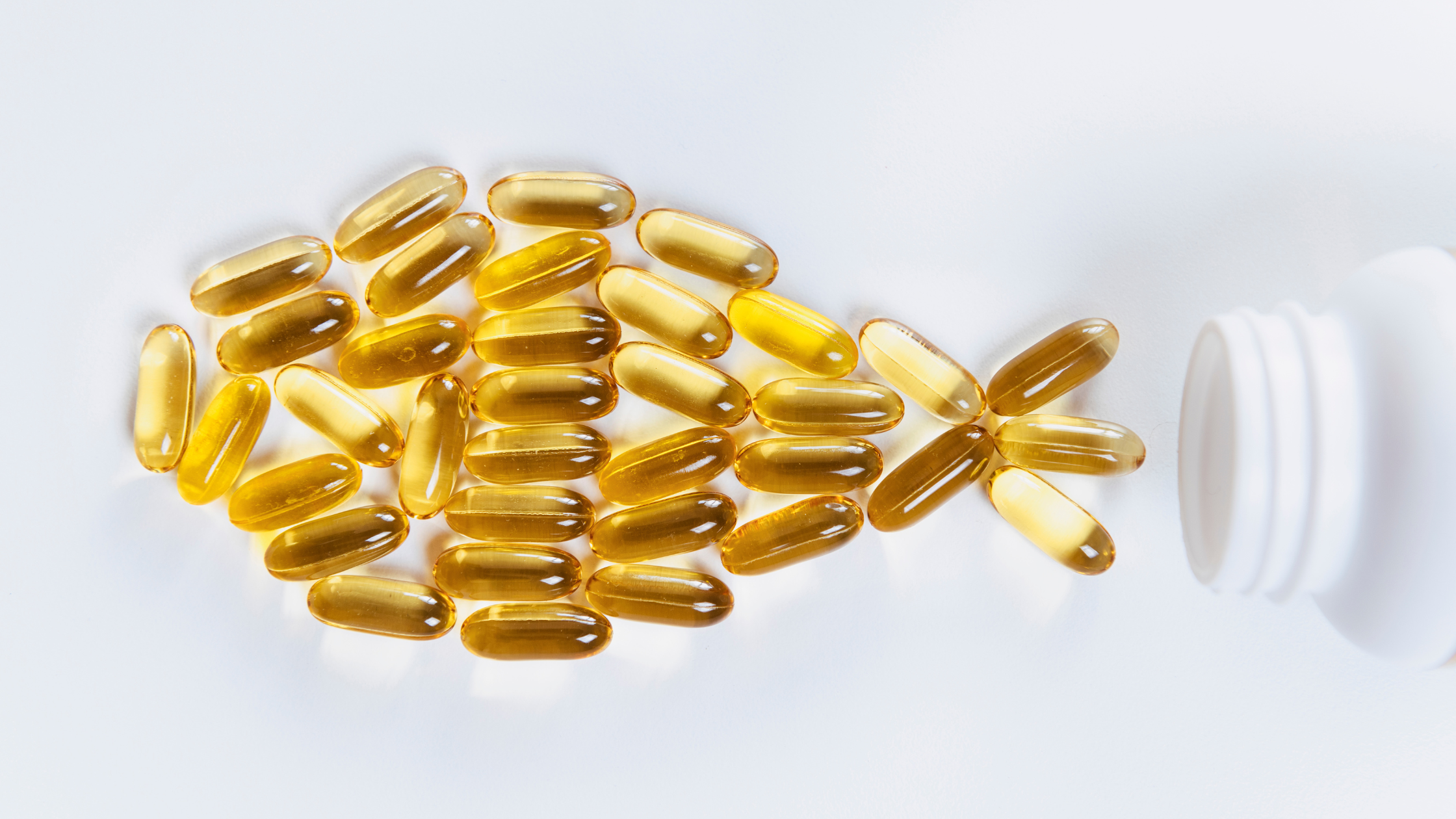
You can try supplements to help manage blood pressure. Some widely used options include:
- Omega-3 fatty acids or fish oil
- Whey protein
- Potassium
- Magnesium
While you may see some benefits from supplement use, there is not enough scientific evidence to verify that most of them can decrease blood pressure.
Be sure to check with your doctor before using any supplement as some conditions and medications might cause complications.
9. Limit Alcohol
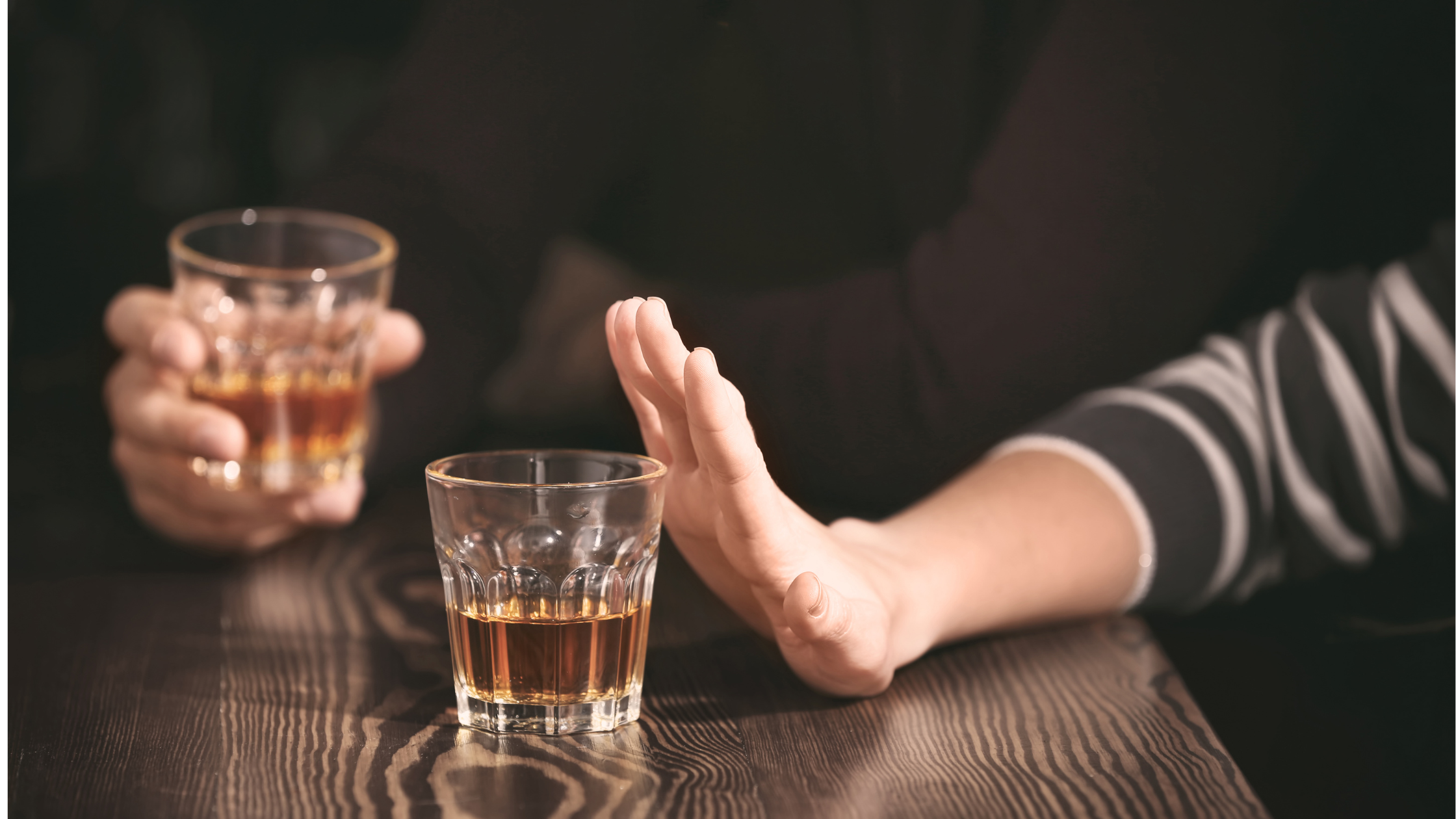
According to research, your heart rate can increase for up to 24 hours after drinking just an ounce of alcohol. It appears that blood pressure drops for the first 12 hours but then increases. The average alcoholic beverage contains about half an ounce of alcohol.
And don’t be fooled by red wine. While the idea that it’s heart healthy has been widely spread, the America Heart Association warns that too much can be harmful. Instead, limit your alcohol consumption, even red wine, to two standard drinks per day for men and one drink per day for women, if you drink at all.
One drink or serving of alcohol is considered to be:
- One 12-ounce beer
- 4 ounces of wine
- 1.5 ounces of 80-proof spirits
- 1 ounce of 100-proof spirits
Considering general health and common medication interactions, it may be best to skip the alcohol completely.
Blood Pressure Management Is Key
Managing your blood pressure as you age is a critical component of aging well. While you can try supplements and take medications when needed, these alone won’t necessarily prevent high blood pressure. If you want to prevent additional or stronger medications, or hope to avoid prescriptions altogether, then be sure to get daily exercise, sleep well, manage stress, and limit salt and sugars. Your diet and lifestyle are keys to lower blood pressure.

